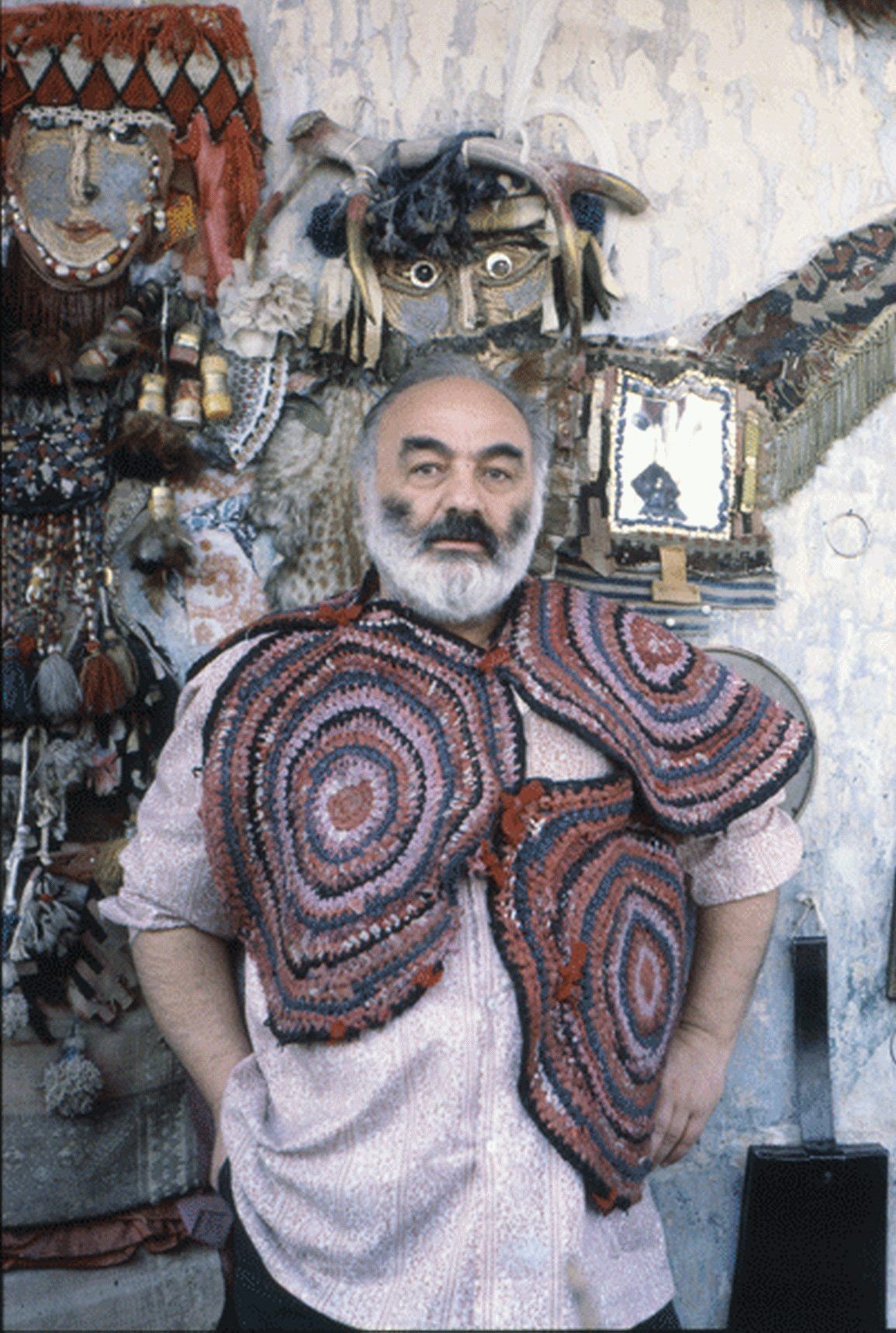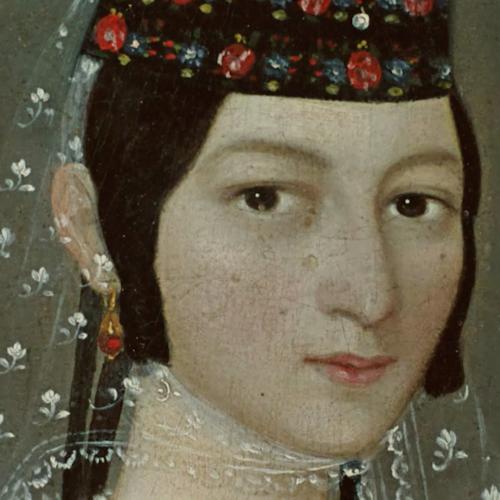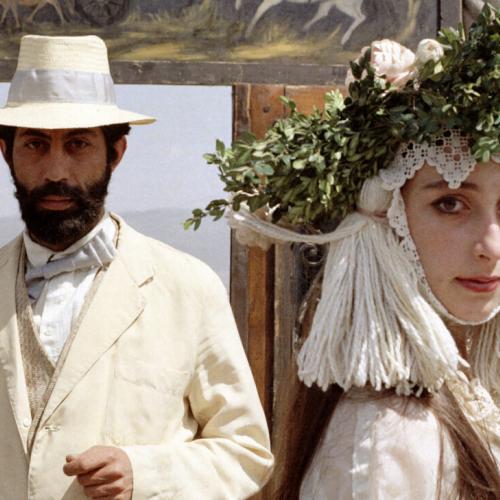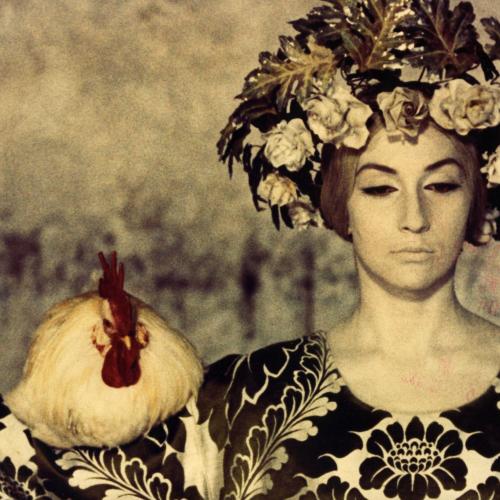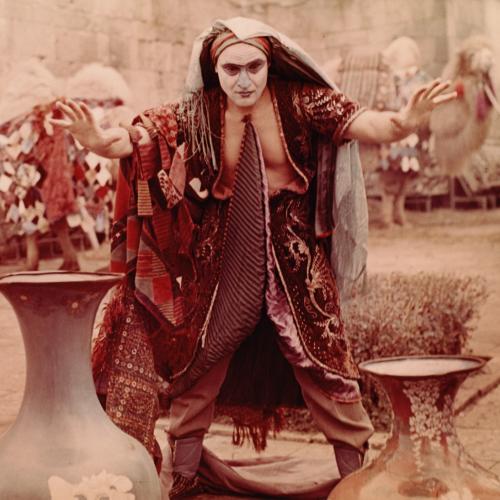Film Director
SERGEY PARAJANOV was a highly influential film director, screenwriter, and artist of Armenian descent. He is celebrated for his unique, visually opulent, and poetic style, which has left a lasting impact on world cinema. Here are key points about his life and career:
Early Life and Education
- Birthdate: January 9, 1924
- Birthplace: Tbilisi, Georgia
- Ethnicity: Armenian
- Education: Parajanov studied at the VGIK (All-Union State Institute of Cinematography) in Moscow, where he was mentored by prominent Soviet filmmaker Igor Savchenko.
Career
- Early Work: Parajanov began his career with a series of short films and documentaries. His early works were influenced by Soviet socialist realism, but he soon developed a distinctive, non-conformist style.
- Breakthrough Film: His breakthrough came with "Shadows of Forgotten Ancestors" (1965), also known as "Wild Horses of Fire," a film based on Ukrainian folklore. The film was celebrated for its innovative use of color, camera movement, and folk music, establishing Parajanov as a major talent.
Notable Films
- Shadows of Forgotten Ancestors (1965): This film, set in the Carpathian Mountains, explores themes of love, tradition, and cultural identity. It is noted for its vibrant visual style and is considered a classic of Ukrainian cinema.
- The Color of Pomegranates (1969): This film is a stylized, avant-garde biography of the Armenian poet Sayat-Nova. Known for its non-linear narrative and stunning visual tableaux, it remains one of Parajanov's most acclaimed works.
- The Legend of Suram Fortress (1985): Based on a Georgian folk tale, this film continues Parajanov's exploration of cultural and historical themes through rich visual symbolism.
- Ashik Kerib (1988): This film is an adaptation of a short story by Mikhail Lermontov and reflects the mystical and romantic aspects of Azerbaijani culture.
Personal Life and Challenges
- Persecution: Parajanov's non-conformist style and outspoken nature led to frequent clashes with Soviet authorities. He was imprisoned several times on charges that were widely believed to be politically motivated, including accusations of homosexuality, bribery, and incitement to suicide.
- Imprisonment: He spent four years in a Soviet labor camp from 1974 to 1978, which significantly impacted his health and career. Despite this, he continued to create art and remained an influential figure in the film community.
Artistic Contributions
- Visual Style: Parajanov's films are known for their rich, symbolic imagery, and use of color, folklore, and myth. His style is often described as a blend of surrealism, symbolism, and magical realism.
- Legacy: Parajanov's work has influenced numerous filmmakers and artists worldwide. His films are studied for their innovative techniques and profound cultural insights.
Death and Legacy
- Death: Sergei Parajanov passed away on July 20, 1990, in Yerevan, Armenian SSR, Soviet Union (now Armenia), after a battle with lung cancer.
- Posthumous Recognition: Parajanov's work continues to be celebrated, with retrospectives, exhibitions, and film festivals dedicated to his memory. He is regarded as one of the greatest filmmakers of the 20th century.
Sergei Parajanov's artistic vision and perseverance in the face of political oppression have made him a legendary figure in the history of cinema. His films remain a testament to the power of visual storytelling and cultural expression.
